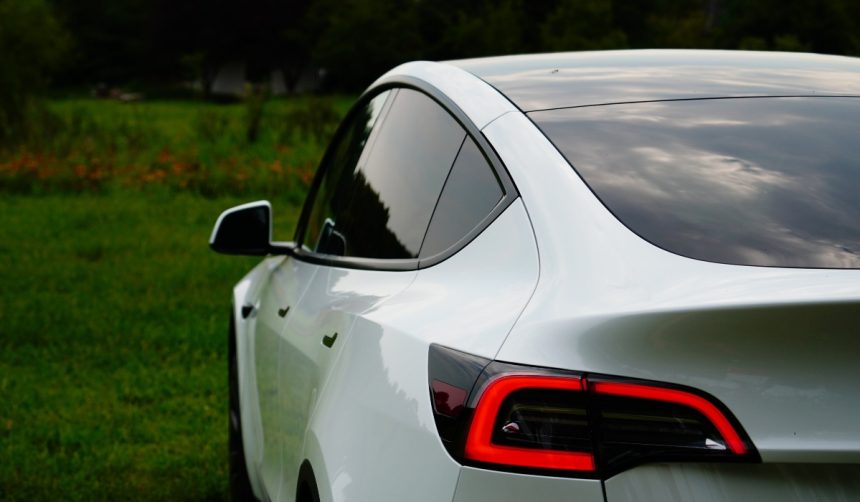A new class action lawsuit has surfaced against Tesla and CEO Elon Musk as the company expands its Robotaxi service in Austin, Texas. The legal action, initiated by a group of shareholders, alleges that Tesla failed to fully disclose risks associated with the safety of its autonomous vehicles during the Robotaxi rollout. This development arrives at a time when the Robotaxi service, less than two months into operation, continues to broaden its service area in Austin, sparking both public interest and scrutiny over its performance. Investors are closely monitoring how these allegations might influence stock stability and long-term company strategy, especially with similar services already under review in the competitive autonomous vehicle sector.
Previous reports about Tesla’s autonomous driving initiatives have focused primarily on technological advancements and regulatory engagement rather than legal challenges from within. While competitors like Waymo and Cruise have also faced operational incidents, investor lawsuits specifically targeting company disclosure practices remained rare until now. Most earlier headlines regarding Tesla Robotaxi covered expansion efforts and incident rates, not allegations of securities fraud or internal investor unrest.
Why Did Shareholders File a Lawsuit?
The lawsuit stems from claims that Tesla concealed material risks by not disclosing issues shown in videos of Robotaxi vehicles exhibiting erratic driving behavior, including sudden braking, speeding, and unsafe passenger drop-offs. The plaintiffs seek damages for investors who purchased shares between April 19, 2023, and June 22, 2025, arguing that misleading information affected investment decisions. The complaint specifically points to recent incidents captured on video as evidence.
How Has Tesla Responded to the Allegations?
Tesla has not publicly addressed the lawsuit’s specific details, but CEO Elon Musk has repeatedly stated his concerns about activist shareholders influencing company direction. He remarked,
“That is a major concern for me, as I’ve mentioned in the past.”
Additionally, discussions during the company’s Q2 Earnings Call highlighted Musk’s apprehension about losing control of Tesla’s vision, emphasizing the balance between maintaining direction and allowing accountability.
What Steps Has the Board Taken to Support Musk?
In a move to bolster Musk’s leadership position, Tesla’s Board has approved a substantial pay package comprising 96 million restricted stock shares, increasing Musk’s stake to 14.6 percent from 12.9 percent. The company’s intention is to secure stability at the helm as operational and legal challenges unfold. Musk explained,
“My control over Tesla, Inc. should be enough to ensure that it goes in a good direction, but not so much control that I can’t be thrown out if I go crazy.”
The Board’s decision reflects efforts to reassure stakeholders while public attention remains on the company’s autonomous driving performance.
Incident reports among self-driving vehicle operators in Austin reveal Tesla is not alone in facing scrutiny. Since July 2023, 130 incidents involving various autonomous vehicle services, including Waymo, Cruise, AV Ride, and Zoox, have been documented, with Waymo recording the highest number at 73. Nevertheless, Tesla’s Robotaxi service had just one incident reported to the Austin government in its first six weeks, underscoring a relatively lower publicized risk profile compared to competitors. The context provided by these figures is important for evaluating the scale and nature of the legal challenge Tesla now faces.
External and internal pressures on companies like Tesla highlight the complex regulatory, technological, and reputational landscape for autonomous vehicle rollouts. Current events suggest that transparency in public communication and corporate governance remains crucial for maintaining investor trust. For readers following advancements in self-driving technology, the core takeaway is that operational incidents are being reported across several major brands, but investor lawsuits focusing on transparency are emerging as an additional risk factor. Understanding how quickly company responses and governance practices adapt will be key for evaluating future developments in this sector.
- Tesla shareholders sued over undisclosed Robotaxi safety risks in Austin, Texas.
- Tesla expands Robotaxi while leadership secures Musk’s position through a new stock package.
- Autonomous vehicle incident data shows broader industry scrutiny on safety practices.










